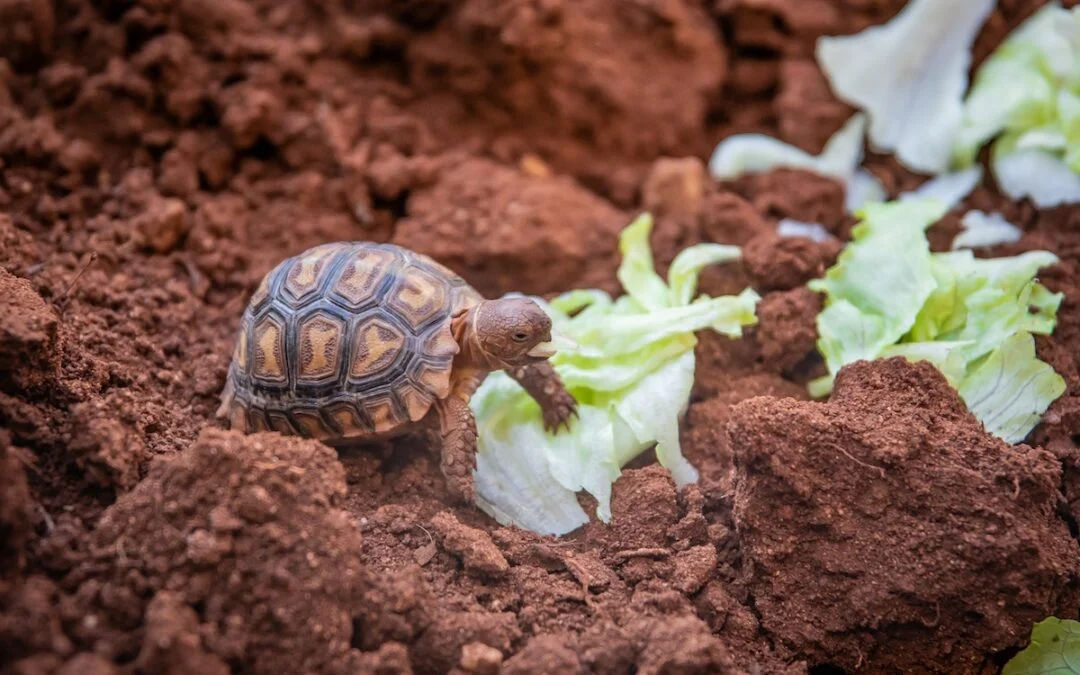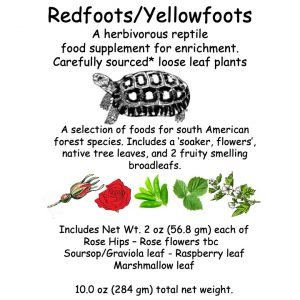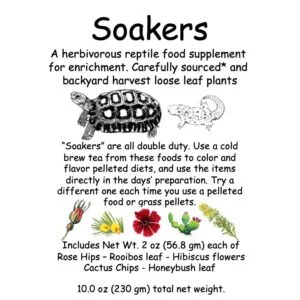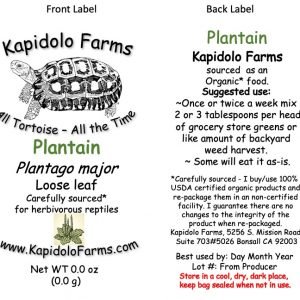Are you considering having a tortoise as a pet? There are various factors to take into account, such as the tortoise’s species and whether to choose a baby or an adult. If you’re unsure about what to consider when getting a pet tortoise, you’ve come to the right place.
In this blog post from Kapidolo Farms, we’ll discuss how to choose the right tortoise for a pet. Keep reading to make an informed decision when selecting a pet tortoise.
What Factors Should You Consider When Choosing a Pet Tortoise?
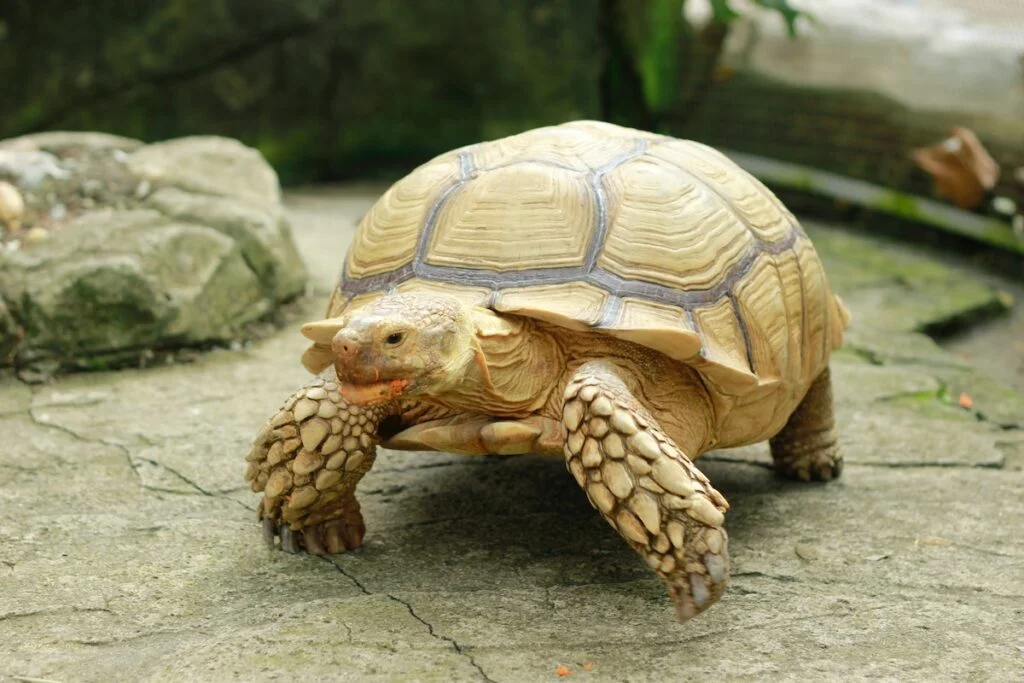
Climate: The climate in your area is a crucial consideration when getting a pet tortoise, especially if you plan to keep it outdoors. Is the climate in your region warm and wet, warm and dry, or characterized by short, dry summers and long, cold winters?
Time: Do you have time to care for your tortoise daily?
Local wildlife: What are the local animals living in your area? Do you think a tortoise can live comfortably outdoors like the local animals do? What are the species of reptiles that are found in your area?
Space: When you decide to care for a pet tortoise, do you have enough space to keep them? Do you have an outdoor space that can be used for their enclosure all year round? Do you have a spacious backyard for your pet tortoise?
Behavior and personality: This may vary depending on the tortoise species you will choose. Tortoises are naturally shy animals. However, if you are planning to get more than 1 tortoise, you must not put two male tortoises in an enclosure together.
They could fight and become aggressive with each other, they may even attack each other which could result in injury or even death.
Most tortoise species become too big and difficult to handle when fully grown as adults. You must never handle them even while they are still young because it can cause them stress and may result in illness.
Long-term pets: Tortoises are not advisable for those who are seeking short-term pets. Pet tortoises have a longer lifespan compared to other animals. Large tortoises like the sulcata can live up to 80 years, so you must have a plan for caring for your pet sulcata tortoise in their old age if you are no longer able to do so.
Where to Get a Healthy Tortoise

- Pet store
- Online shop: Consider buying from a reputable breeder or retailer, like Kapidolo Farms, owned by Will Espenshade, a biologist and chelonian enthusiast.
- Local breeder
- Pet rescue: Consider adoption.
- Local ads: Check platforms like Craigslist or Facebook.
- Reptile show or pet expo
What to Check When Purchasing a Pet Tortoise
- Is the umbilical scar fully healed?
- What is its diet and feeding schedule?
- What is the tortoise’s weight and length?
- Are the eyes clear, nostrils normal (not puffy or discolored), and free from discharge?
- What is the overall condition of the tortoise?
- Inquire about the tortoise’s veterinary history. Has it been checked for parasites or required any medication?
Should You Choose a Baby or an Older Tortoise?
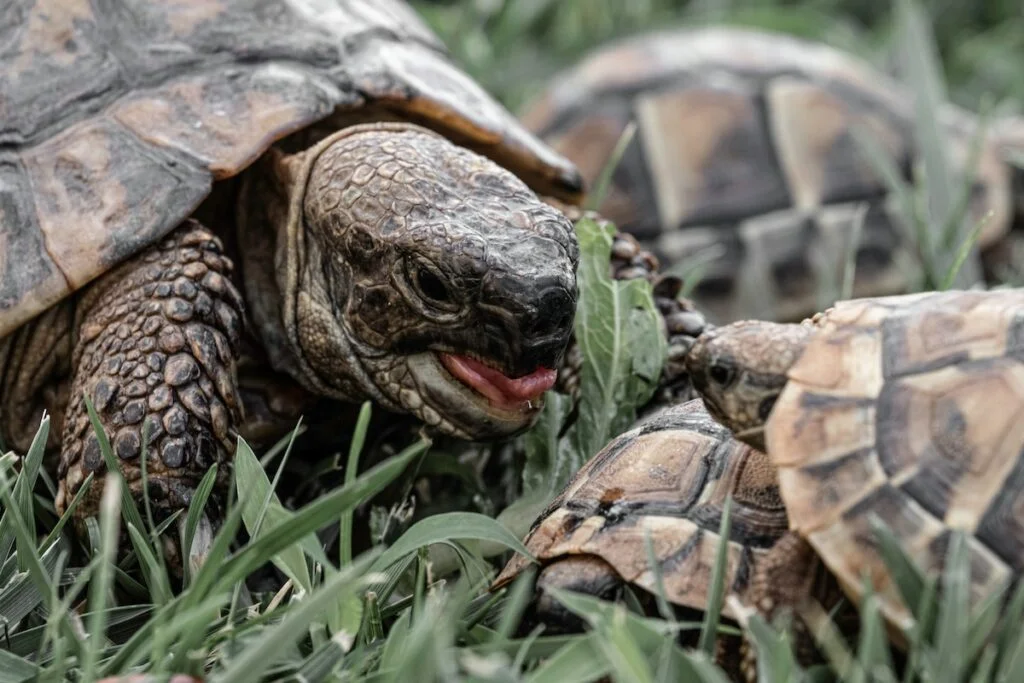
Many pet owners prefer young animals as pets. Baby tortoises are delicate and require special care for survival. They start in smaller habitats but need more space as they grow. For new pet owners, a one or two-year-old tortoise is recommended, as it can be placed in an outdoor enclosure and has already passed the vulnerable baby stage.
What Are the Factors to Consider When Choosing a Pet Tortoise?
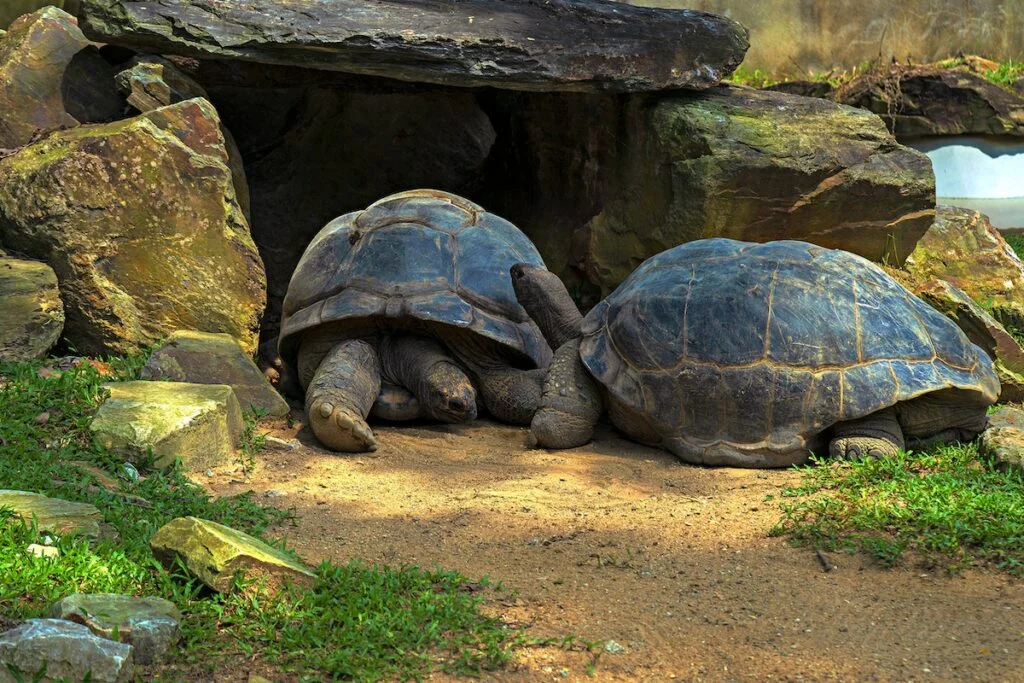
Temperature
Baby tortoises can reach and maintain proper body temperatures faster and more efficiently than older tortoises. This information is crucial when providing basking areas for small tortoises. For instance, a larger tortoise can safely bask at 110 degrees for a couple of hours, but this could be harmful to a small baby tortoise.
It’s essential to monitor the temperature in the basking area, ensuring that your pet can move easily from the heat source. The entire enclosure should not become excessively hot. Instead, it should maintain a thermal gradient, with one end heated and the other at room temperature. Using a high-quality thermometer is vital for accurate temperature monitoring.
Hydration
Consider the natural habitat of your tortoise species, ranging from desert to rainforest. While some species prefer having a water source, others rarely drink, especially during rainy seasons in the wild. Even in captivity, desert and Mediterranean tortoises might not drink from a water bowl, as they often obtain their moisture from their food.
Baby tortoises are more susceptible to dehydration, so providing a shallow bowl of clean water is essential. Although many tortoise species derive most of their hydration from their diet, it’s a good practice to offer a shallow water dish, even if they use it infrequently.
For baby tortoises, a 10-15 minute soak in room temperature water once or twice a week can stimulate a drinking response, ensuring proper hydration. The water level should not exceed the chin, and if the tortoise defecates in it, promptly replace the water. This also applies to tropical tortoises.
UV Light
In the wild, tortoises bask in direct sunlight to regulate their body temperature and enable the synthesis of Vitamin D3, essential for calcium absorption in their gastrointestinal tract.
Whenever possible, provide your pet tortoise with access to natural sunlight outdoors, rather than through glass enclosures. Allowing them to bask in the sun for a few hours positively impacts their overall well-being. When indoor lighting is necessary, artificial UV light sources can be used.
If you’re considering a pet tortoise, along with their food and supplies, Kapidolo Farms is a reliable source. We offer pet tortoises, dietary items, and other essential products for caring for your pet. For any questions or inquiries about tortoises, please reach out to us at 215-483-7675 or email kapidolofarms@gmail.com. Choose Kapidolo Farms for all your pet tortoise needs. Contact us today!


